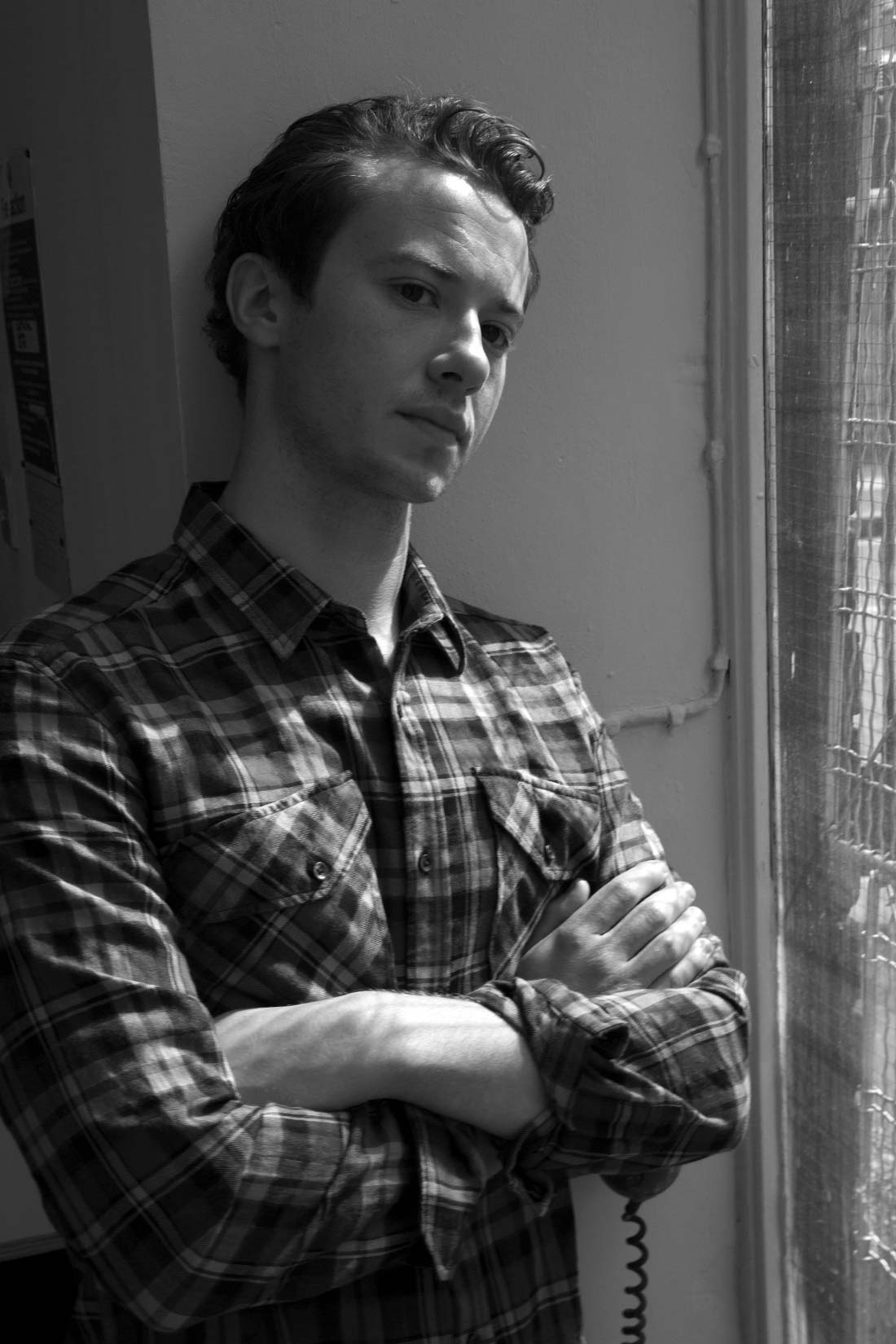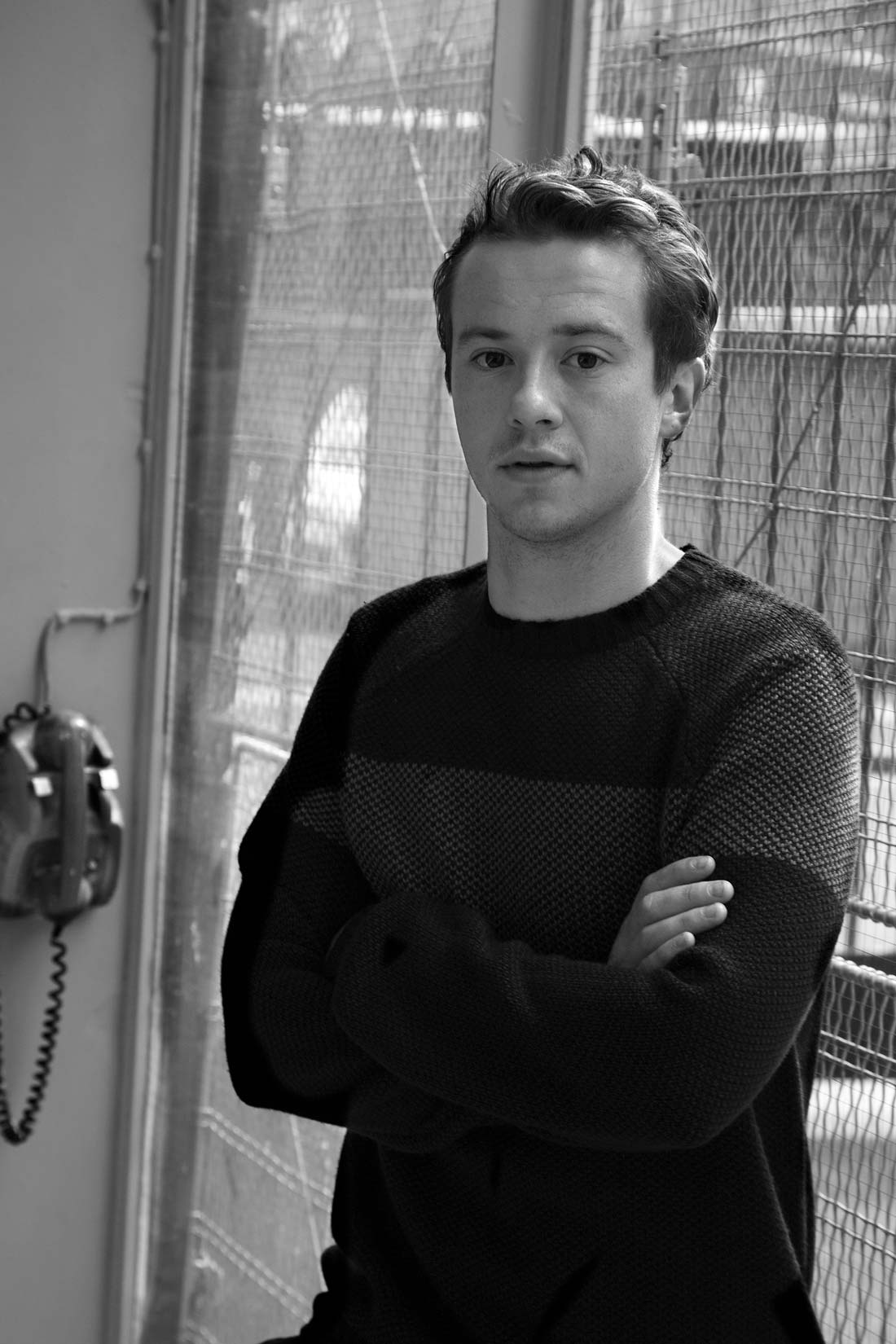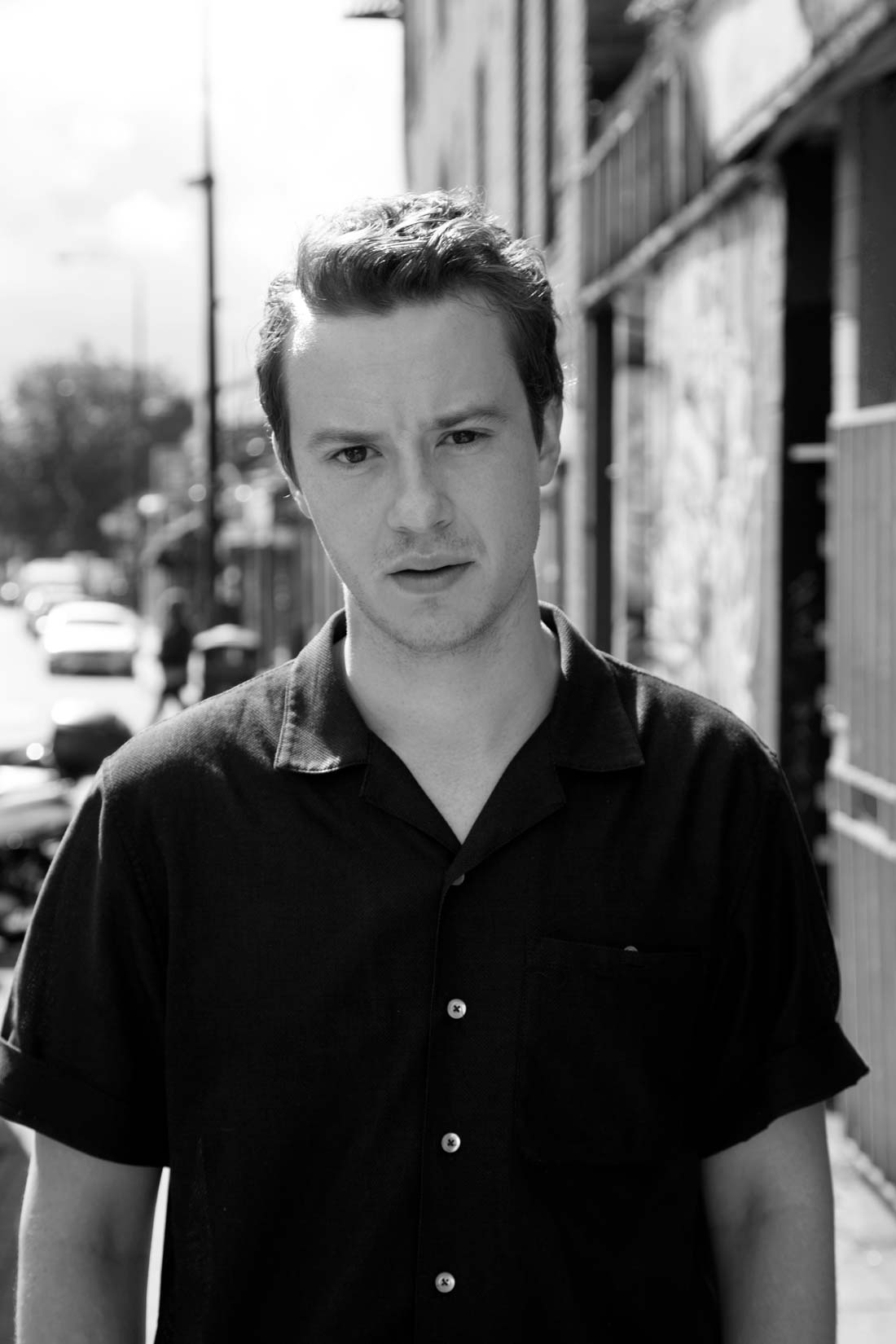Howard’s End is your latest piece of work, what attracted you to that programme?
Getting the job, it’s a seminal piece of British literature. So to be given the opportunity to work on that, with a creative team and cast of such quality was undeniably attractive. The role was amazing, it was a real privileg to play Leonard Bast. It was a job that was impossible to resist.
Have you watched the 1992 version?
No, I haven’t. Sam West is a very good actor and it’s very easy to be influenced by another actor’s choices. I think it has to come from you; I would be doing the scene thinking “Oh, that’s not how Sam did it”.
You were part of Dickensian, another period piece. What do you think it is about a period drama that brings in a huge audience?
This country has such a rich heritage, its so old. There’s something timeless about the human experience. You see people wearing these weird clothes and speaking differently to how we speak but it’s the same stuff, a different day. People fall in love, people get angry and people get jealous. I guess its how predictable we are. Maybe we find comfort in that. The costumes are gorgeous and the scenery tends to be nice. It makes for very appealing viewing. Our Howard’s End director, Hetty was on us about not doing “period drama acting”, which is playing the time and not the scene. Elijah Wood probably related to Frodo and he lived in a fantasia!
In times where social media is such a driving force, do you utilize it? Do you find any pros/cons in your personal and professional life?
I don’t have Facebook, I used to but I just spent all my time looking at other people’s lives. I don’t have Instagram. I find it an incredibly image centric medium that devalues the use of words. I do have Twitter, I wouldn’t say I use it in a professional capacity – selling myself online. It’s a useful tool for news and seeing what other people are up to. Some people say some funny stuff on it. It can be mentally useful, I’m sure. But I’m not on that team now. It’s also a useful tool for people to communicate I suppose.
How do you prepare for a role set in a different time period?
With Howard’s End, I read the book. I researched about different classes of the time and the history. I listened to the music the text says he does and also read some of the books the character read.
What’s the most rewarding part of being an actor?
Community, especially in theatre. You’re thrown together with people you’ve never met before. They’re gorgeous, interesting, companionate and accepting – who wouldn’t want to work with that?
Do you think there are similar and different challenges to actors now, in comparison to those of James Dean and Marilyn Monroe’s time?
There are very similar ones, but also new ones. Lots of people want to be actors. I think people want to be famous, I think people attribute fame and acting together – a mesh. I think everyone is a critic now, anyone can say something about your work and the way you look – they share it with the world. You have to have a thick skin. It sounds incredibly cliché, you have to stay true to yourself and not get carried away with it. It doesn’t entitle you to be able to treat people differently. Ultimately we share some things, but also have our differences. Not getting into trouble, back in the day I’m sure mad things happened in Hollywood parties – but now, everyone is a photographer.
Where is acting begin for you?
I did it since I was a baby, in nursery I did a school play. I was a drama scholar at my school, so I got money off my fees on the condition I did acting. I did one play in my final year of 6th form, we took it up to Edinburgh and I was very lucky I got into LAMDA (London Academy of Music and Dramatic Art) that year. I’m still trying to figure it out now! There’s a phrase “Actors are born and not made”, I think that’s an incredibly egotistical way for actors to feel much more special than they are. Really good, great ones like Rylance and Olivier, while you can learn a lot of skills I think a lot of it is God given – it’s a particular set of traits, ego, self-deprecation, vanity. There are a lot of things that make an actor. Painfully cliché, but I don’t know what else I’d do – if I wasn’t an actor I’d like to think I’d live on a beach, doing something for very little money and being happy.
You’re on stage in “Mosquitos” at the moment. How does it differ, preparing for a stage role compared to screen acting?
I’m going to quote John Malkovich now, are you ready? He said “Theatre acting and screen acting aren’t even cousins”. It’s a completely different thing, the process is completely different. You prepare for weeks and weeks, you prep it, you tech it. Then you do it every night for weeks. You’re far more engrossed in the world of the play. There’s a bigger communal aspect, that’s not to say there isn’t in screen acting. Time is more precious in screen acting, you’ve got a certain amount of takes. You need to turn up, having all of the work yourself and turn up with the character and play the scenes in the way you perceive them then. Theatre is preparing as you go – but screen acting is just turning up and doing it. There are completely different disciplines. With theatre you can do it every night and try and find new stuff. With telly acting, you do a scene and never have to do it again. But you have to get up early! You can’t drink anything but black coffee, you can get caught in a slump and the assistant director will come and tell you that you’re on!
What’s next for Joseph Quinn?
No idea, mate! It’s incredibly unpredictable and a bit scary. I’d like to travel.
Interview by Ian Casey
Photography by Andrea Vecchiato
grooming by Gloria Penaranda
Wardrobe by Antony Morato , courtesy of Chase PR London


